Welcome to the post of Noun with types. Have you ever stopped to think about the building blocks of language? Words, of course! But within this vast world of words, there are specific categories that serve distinct purposes. Today, we’re diving deep into the fascinating realm of Noun with types, the essential elements that name the people, places, things, and even ideas that make up our world.
Imagine yourself writing a story about a thrilling adventure. You wouldn’t just say “Something happened somewhere.” You’d use specific nouns to paint a vivid picture – “The explorer trekked through the dense jungle.” Noun with types are the workhorses of language, providing the foundation for our sentences and stories. But there’s more to them than meets the eye! Just like a toolbox has different tools for various jobs, nouns come in a variety of types, each with a specific function. Buckle up as we explore the different types of nouns and how they enrich our communication!
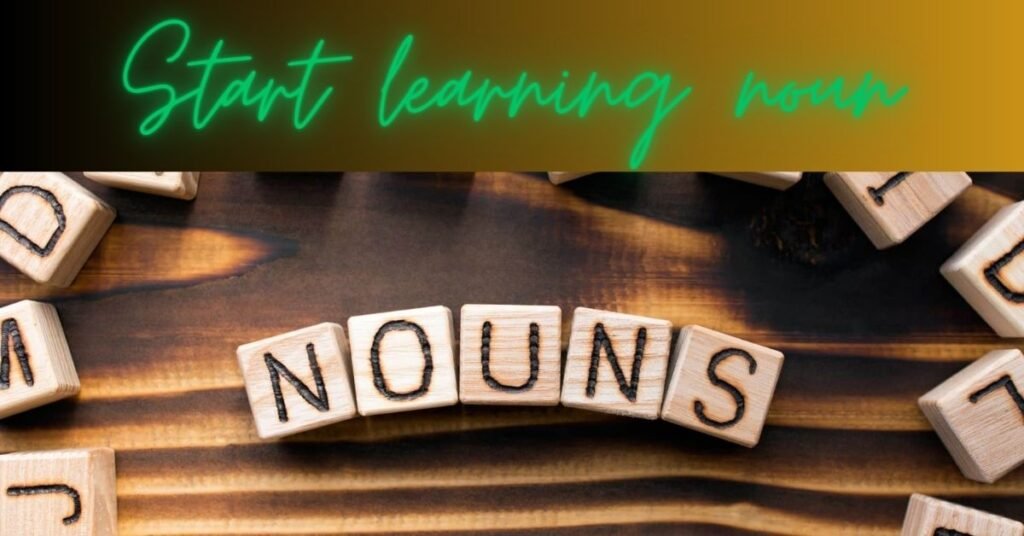
Noun with types
Nouns are the words that name people, places, things, or even ideas. They act as the anchors of our sentences, providing the who, what, and where of our communication. Consider the sentence “The delicious cake sat on the table.” Here, “cake” and “table” are both nouns. “Cake” tells us what the delicious object is, while “table” tells us where it’s located.
Nouns are crucial for several reasons:
- Building the Foundation: They form the core of our sentences, acting as the subjects or objects of verbs. Without nouns, our sentences would lack direction and meaning.
- creating Clarity: Specificity is key! Nouns allow us to pinpoint the exact people, places, or things we’re talking about, ensuring clear communication.
- Painting a Picture: Descriptive nouns can paint vivid mental pictures. Imagine the difference between “The animal ran” and “The majestic lion sprinted across the savanna.” The second sentence uses descriptive nouns to create a more engaging image.
Now that we understand the importance of Nouns with types, let’s delve into the diverse types that add richness and variety to our language.
Noun with types
Noun with types are not a homogenous group! They can be categorized based on their function and specificity. Here’s a closer look at some of the most common types of nouns:
-
Common Nouns: These are the everyday heroes, the generic names we use for people, places, or things. Examples include “house,” “cat,” “mountain,” “happiness,” and “freedom.” These nouns are not capitalized unless they begin a sentence or are part of a proper noun (like the Grand Canyon).
-
Proper Nouns: Ever wondered what makes a name unique? Proper nouns are the exclusive names given to specific people, places, or things. They are always capitalized. Examples include “Sarah,” “Paris,” “Amazon River,” “Mona Lisa,” and “Monday.”
-
Concrete Nouns: These nouns represent things that we can perceive with our five senses – sight, touch, taste, smell, and hearing. Examples include “chair,” “flower,” “pizza,” “perfume,” and “thunderstorm.”
-
Abstract Nouns: Imagine things you can’t touch or hold, but that still exist. Abstract nouns represent concepts, ideas, or feelings. Examples include “love,” “justice,” “democracy,” “time,” and “imagination.”
-
Collective Nouns: These nouns represent a group of people or things considered as a single unit. Examples include “flock” (birds), “team” (players), “crowd” (people), “herd” (animals), and “bunch” (flowers).
-
Compound Nouns: Ever wondered what happens when two or more words join forces? Compound nouns are formed by combining two or more words into a single unit. Examples include “bathroom,” “sunlight,” “doorknob,” “website,” and “homework.”
-
Countable Nouns: These are the nouns that have a singular and plural form, allowing us to specify quantity. Examples include “apple” (singular), “apples” (plural), “book” (singular), “books” (plural), and “chair” (singular), “chairs” (plural).
-
Uncountable Nouns: These don’t have a plural form and represent things that cannot be easily counted. Examples
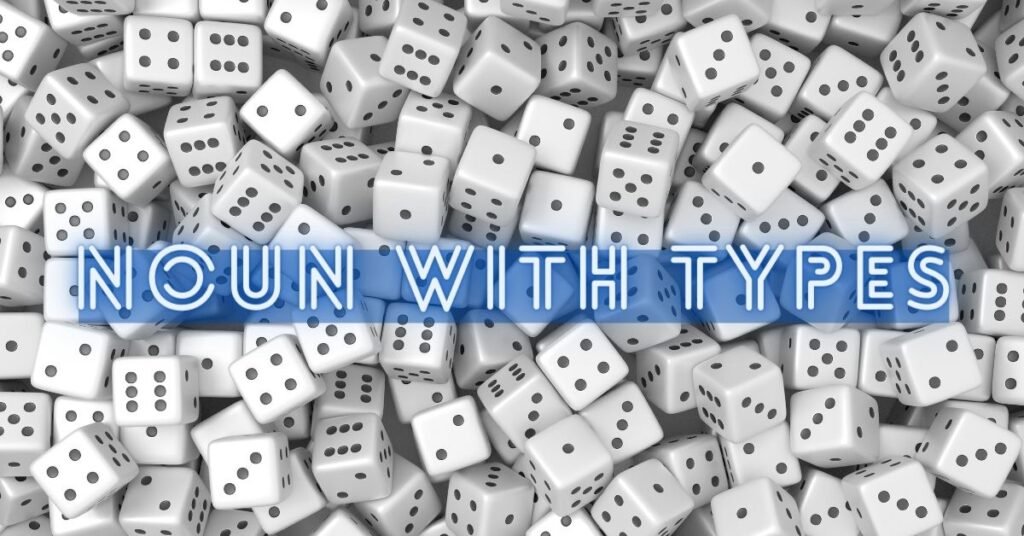
Importance of Noun with types
Nouns might seem like the basic building blocks of language, the simple names of things. But beneath their seemingly ordinary exterior lies a world of power and importance. Mastering Noun with types is an essential step toward becoming a confident and effective communicator, for several compelling reasons:
-
Clarity and Concision: Imagine a conversation riddled with repetitive mentions of the same object. It would be clunky and awkward, right? Nouns eliminate this redundancy. Sentences like “The baker baked bread. The baker sold bread. The bread was delicious” become “The baker baked and sold delicious bread.” Nouns create a natural rhythm, ensuring clear and concise communication.
-
The Foundation of Sentences: Nouns act as the backbone of sentences. They serve as the subjects or objects of verbs, anchoring the sentence and providing the who, what, and where of the action. Without nouns, our sentences would lack direction and meaning. Consider the sentence, “Something happened somewhere.” It’s vague and unclear. Adding a noun like “The runner tripped on the sidewalk” paints a clear picture.
-
Precise Expression: Different Noun with types allow for nuanced communication. For example, possessive nouns like “Sarah’s phone” and “the team’s victory” indicate ownership. Demonstrative nouns like “this book” and “that house” point to specific objects. By understanding the various Noun with types, you can choose the right words to express yourself with greater accuracy and detail.
-
Vivid Descriptions: Descriptive nouns are the paintbrushes of language. They allow us to create vivid mental pictures for the reader or listener. Instead of saying “There was an animal in the forest,” using a descriptive noun like “The majestic lion stalked its prey through the dense undergrowth” creates a more engaging and immersive experience.
-
Stronger Writing Skills: A solid grasp of nouns demonstrates your writing proficiency. Proper noun usage shows you understand how language works and can construct clear, concise, and grammatically correct sentences. This is crucial for academic success and impactful communication in any field, from crafting compelling emails to writing persuasive essays.
Learning nouns is an investment in your communication skills, both written and spoken. It allows you to express yourself with clarity, precision, and detail, making you a more confident and effective communicator. So, don’t underestimate the power of these seemingly simple words – they are the foundation upon which strong language skills are built.
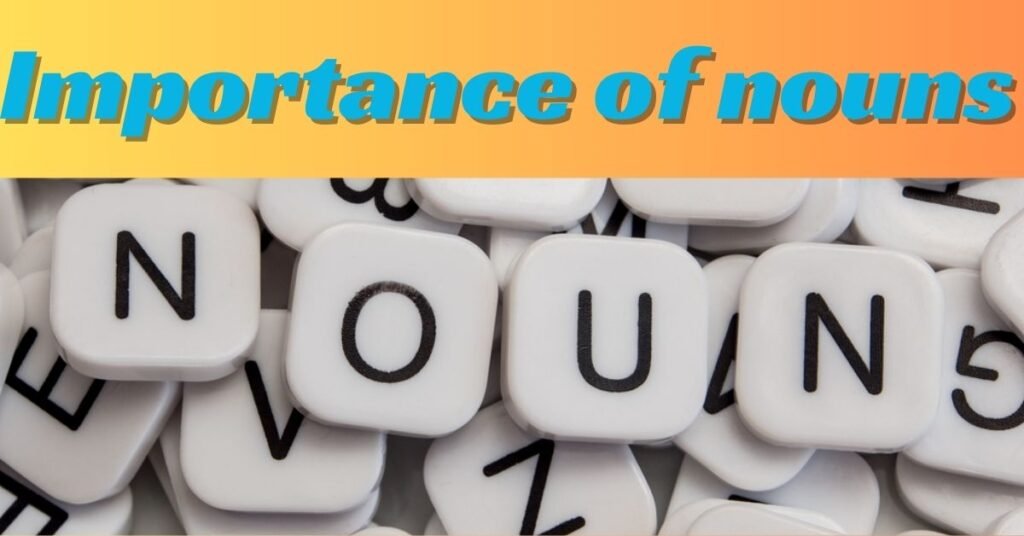
Difference between Nouns with types
1. Common Nouns vs. Proper Nouns
Common Nouns: These are the everyday heroes of the noun world. Imagine describing your daily routine – “I woke up in my bed (common noun) and brushed my teeth (common noun) before going to school (common noun).” Common nouns are not capitalized unless they’re the first word in a sentence or part of a proper noun (like the Pacific Ocean).
Proper Nouns: These nouns hold a special place – they’re the exclusive names given to specific people, places, or things. They are always capitalized. Think about historical figures like Martin Luther King Jr., famous landmarks like the Eiffel Tower, or your favorite book, Harry Potter. Proper nouns distinguish these unique entities from their generic counterparts.
2. Concrete Nouns vs. Abstract Nouns
Concrete Nouns: These nouns represent things we can perceive with our five senses. Imagine a delicious meal – the plate (concrete noun) holds steaming spaghetti (concrete noun), topped with tangy tomato sauce (concrete noun). Concrete nouns allow us to describe physical objects, places, and sensations, creating vivid mental images.
Abstract Nouns: These nouns represent concepts, ideas, or feelings that can’t be physically touched or held. They encompass things like love, justice, freedom, democracy, and imagination. Abstract nouns are crucial for expressing our thoughts, beliefs, and emotions.
3. Collective Nouns
Imagine a bustling city street. A crowd (collective noun) of people walk by, while a flock (collective noun) of pigeons gathers near a park bench. Collective nouns represent a group of people or things considered as a single unit. They come in various forms, like team (players), herd (animals), bunch (flowers), and committee (members).
4. Compound Nouns
The English language loves innovation! Sometimes, two or more words join forces to create a new noun. These are called compound nouns. Think about your daily routine – you might use a smartphone (compound noun) to check your email (compound noun) or write a homework assignment (compound noun) on your laptop (compound noun). Compound nouns can be formed in various ways, adding flexibility and efficiency to our language.
5. Countable Nouns vs. Uncountable Nouns
Countable Nouns: These are the nouns that have a singular and plural form, allowing us to specify quantity. Imagine your pantry – you might have a bag (singular) of rice or several bags (plural) of flour. Countable nouns help us keep track of the number of things we’re talking about.
Uncountable Nouns: These don’t have a plural form and represent things that cannot be easily counted. Think about essential elements like air, water, and sugar. We can use quantifiers like “some,” “any,” or “a lot” to indicate amount, but uncountable nouns themselves don’t have a plural form.
6. Possessive Nouns: Ever wonder how to show ownership with nouns? Possessive nouns come to the rescue! They indicate who or what something belongs to. There are two ways to form possessive nouns:
By mastering these Noun with types, you become a more versatile communicator. You can choose the right noun to express yourself clearly, create vivid descriptions, and effectively convey your message.
Conclusion
The world of Noun with types is vast and fascinating! By understanding the different types of nouns and how to use them effectively, you unlock a new level of fluency in your communication. You can craft clear and concise sentences, paint vivid pictures with descriptive language, and express yourself with greater precision. Whether you’re writing a captivating story, delivering a persuasive speech, or simply engaging in everyday conversation, mastering nouns empowers you to communicate effectively and leave a lasting impression.
So, the next time you encounter a Noun with types, take a moment to appreciate its role in language. From the concrete objects we interact with daily to the abstract ideas that shape our lives, nouns are the building blocks that bring meaning and clarity to our communication. Keep exploring the diverse world of nouns, and watch your language skills soar!
Hope you liked the post “Noun with types” if yes then leave a comment on this post and give it 5 star rating…

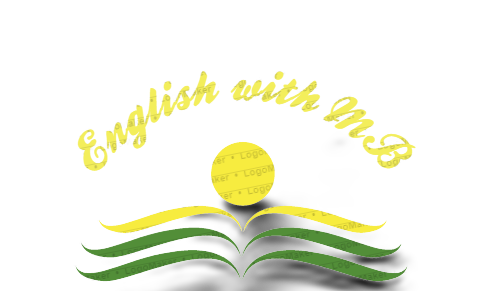
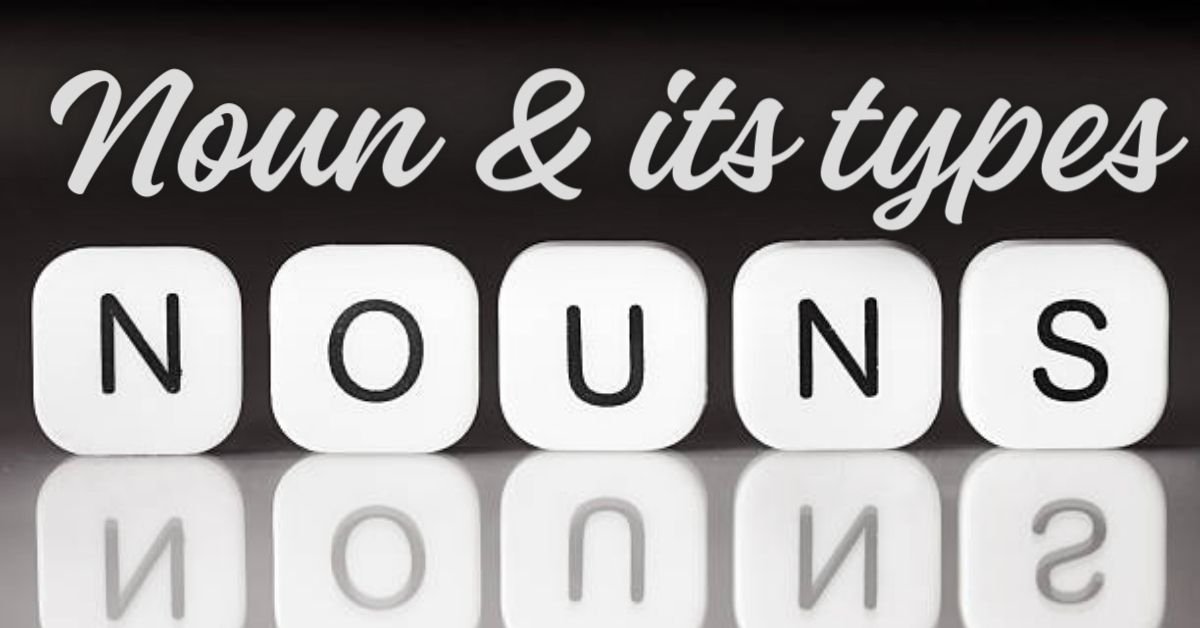
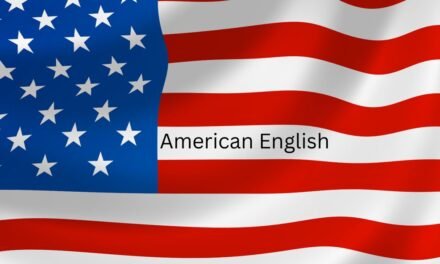
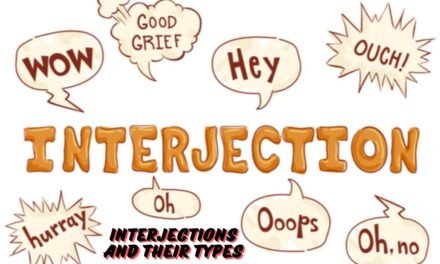
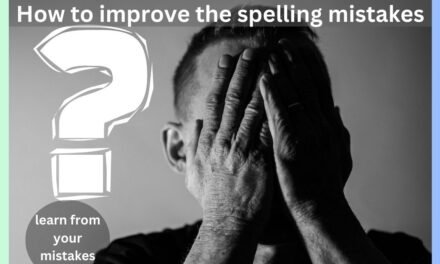
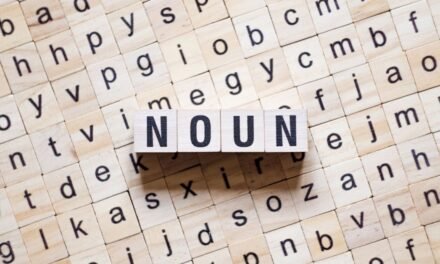


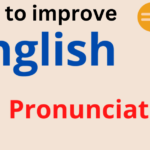
Thanks for the insightful blog. It was packed with information , and offered a lot of useful information.
I’m thoroughly captivated by the deep insights and stellar ability to convey information. The knowledge you share clearly stands out in every sentence. It’s clear that you spend considerable time into researching your topics, and the results is well-appreciated. Thanks for providing such detailed information. Keep on enlightening us!
I’m thoroughly captivated by your keen analysis and superb way of expressing complex ideas. Your depth of knowledge clearly stands out in every piece you write. It’s obvious that you put a lot of effort into understanding your topics, and this effort does not go unnoticed. Thank you for sharing such valuable insights. Keep on enlightening us!
I am genuinely amazed by the profound understanding and excellent way of expressing complex ideas. Your expertise shines through in every piece you write. It’s clear that you spend considerable time into researching your topics, and this effort does not go unnoticed. We appreciate your efforts in sharing such detailed information. Keep on enlightening us!
Whats up are using WordPress for your blog platform? I’m new to the blog world but I’m trying to get started and create my own. Do you need any html coding knowledge to make your own blog? Any help would be really appreciated!
I am typically to running a blog and i really respect your content. The article has really peaks my interest. I am going to bookmark your web site and maintain checking for brand spanking new information.
I discovered your blog site on google and check a few of your early posts. Continue to keep up the very good operate. I just additional up your RSS feed to my MSN News Reader. Seeking forward to reading more from you later on!…
Hi my loved one! I want to say that this post is amazing, nice written and come with approximately all vital infos. I would like to look more posts like this.
obviously like your website however you have to take a look at the spelling on quite a few of your posts. Several of them are rife with spelling issues and I find it very troublesome to inform the truth then again I¦ll surely come back again.